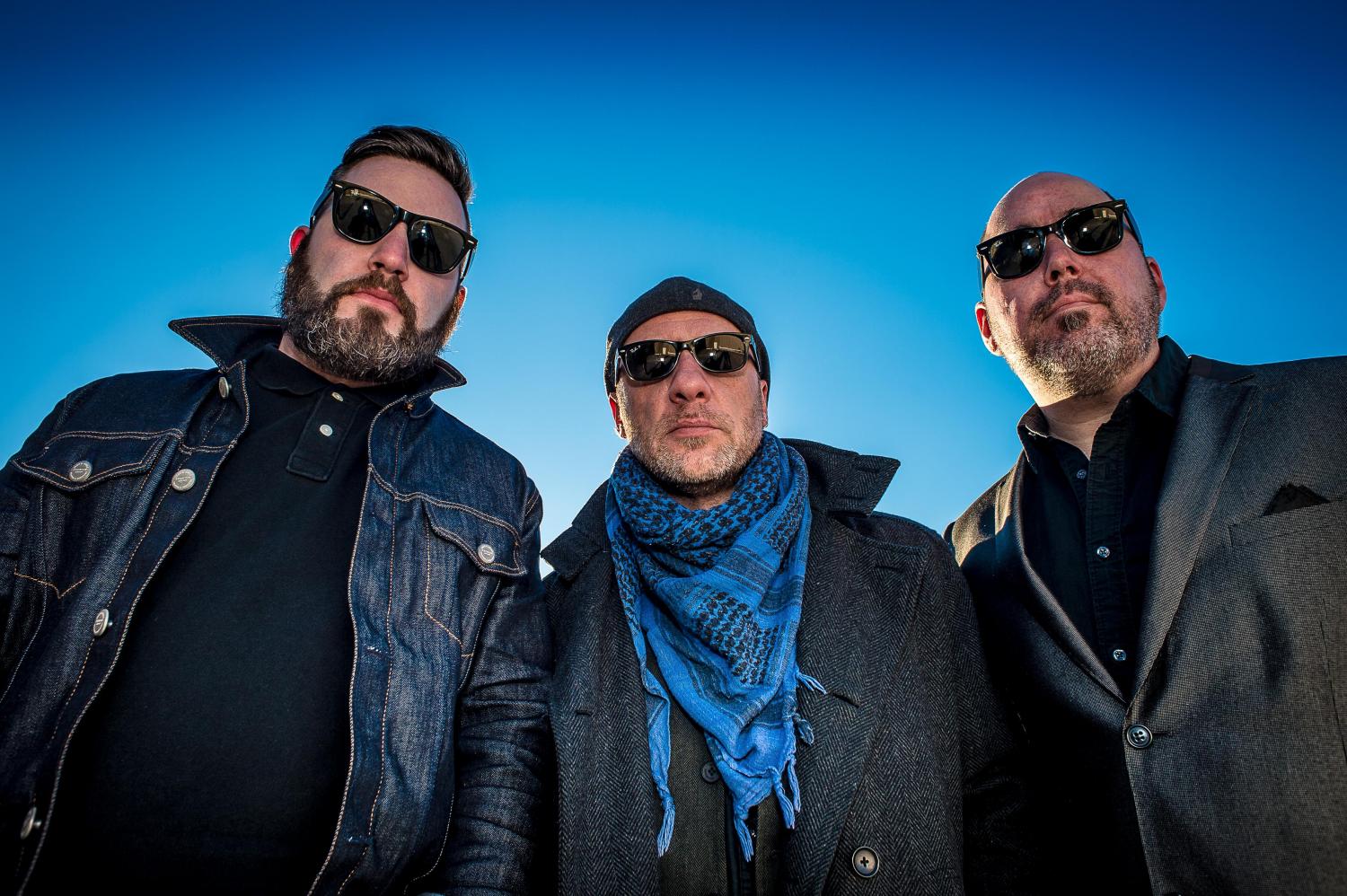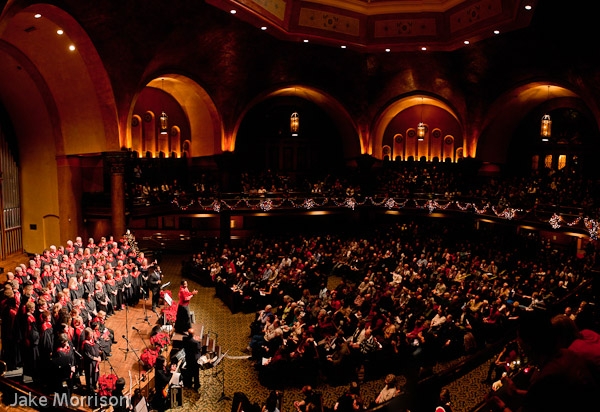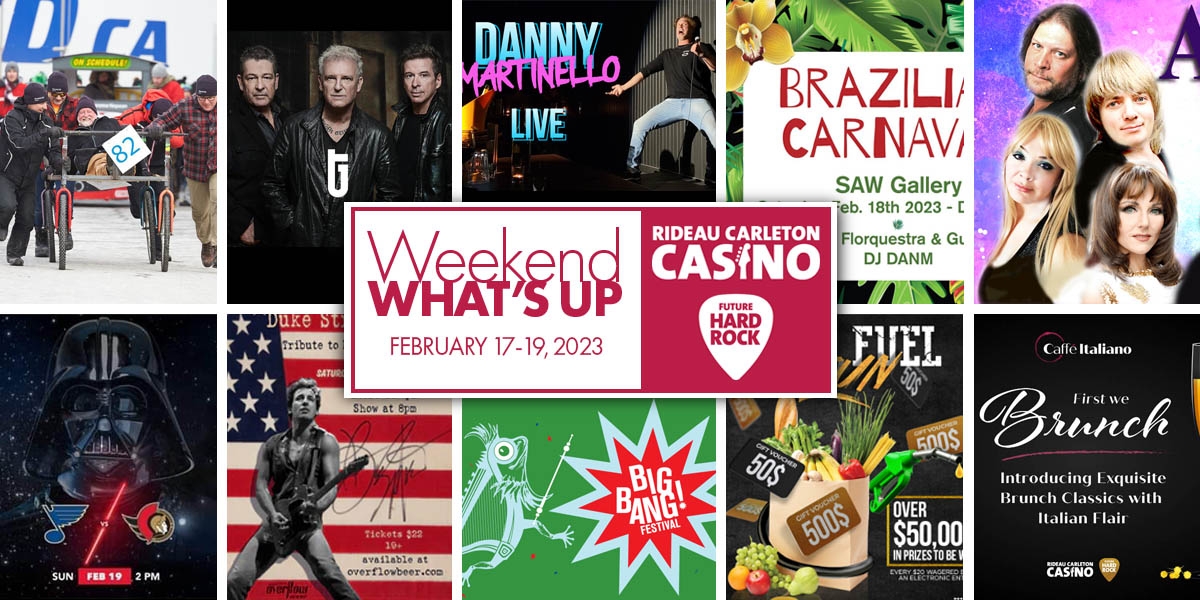
Westfest Preview: MonkeyJunk Set For Some West End Blues
 Ottawa Life’s Festival City Series is back! We'll provide a unique look at some of your favourite events.
Ottawa Life’s Festival City Series is back! We'll provide a unique look at some of your favourite events.
We’ll go beyond the music with artist interviews, volunteer profiles, concert reviews and spotlights on
the tastes, sights and sounds of the festival season.
Your city! Your festivals!
Like a good sunscreen, Ottawa Life has you covered.
Photos courtesy of MonkeyJunk / Feature image Scott Doubt Photography
This weekend Westfest is more than welcome to be singing the blues. In fact, you could say they’re damn ecstatic about it and all you have to do is look at the numbers associated with the festival’s Saturday night headliner to see why.
They got 20 (yeah the big two-oh!) Maple Blues Awards, 2 Indy Awards, 1 USA Blues Music Award and a Juno but here’s the only two digits you need to prep yourself for, folks: 3 guys producing 1 hell of a rumble roar ruckus in the park. Call it a new kind of blues, call it swamp roots rock but for nearly a decade Ottawa’s MonkeyJunk have been the Canadian ambassadors of the blues/rock scene. Bold claim, maybe, but about 45 seconds into any given live show you’ll quickly discover why nobody could contest that they're of the most bone shaking, headline making, earth quaking bands out there.
Legendary Delta blues singer and guitarist Son House once famously quipped that, when it came to his music, he was just “talking about the blues, I ain’t talking ‘bout no monkey junk”. When Steve Marriner, Matt Sobb and local guitar shredder Tony D get together you get to dine on a decent helping of both.
So tuck in! Saturday’s Westfest lineup is already packed tighter than two coats of paint but if Laroche Park had any walls you can bet your last bottle of beer that MonkeyJunk would blast off that paint, take with it the roof and rattle the foundations until you’re left standing in the middle of the aftermath rubble, body quivering, wondering just what the hell just hit you.
Though not an easy task with the amount of time the band is on the road, Ottawa Life managed to track the boys down for a little chat before the thunder descends upon Mechanicsville!

(we mean music folks…stay away rain clouds if you know what’s good for ya’!)
Lets go back, wayyyyy back, when Steve was just a kid and Tony D was just starting to tear up this city to find out…
…what initially drew you all together as friends before you became bandmates?
Matt: I met Tony around 1992 as I was breaking onto the scene in a young band with my brother Marty called Bring Your Own Blues. Tony had recently returned to Ottawa and was one of the hottest acts in town. We had learned of him from listening to Brian Murphy’s BLUES 106 radio show and went to see him every chance we could. Steve met Tony several years later probably around 1997. Tony was inviting “that harmonica kid, Southside Steve” up to sit in with his band and as Ottawa is a very small and tight music community, we all became fast friends and often ended up on stage together at jams. I started playing drums in Tony’s band in 2001 and Steve sometimes hired Tony for gigs in 2007 before MonkeyJunk’s inception in March of 2008. It is an interesting dynamic we have representing three different decades. On paper, some might say that it wouldn’t work but it has and that’s a testament to our common love of and passion for music.
Tony had been on the scene for a while racking up accolades for his guitar work. He's the oldest of the three of you. What did the other band members most garner from his experience as the band began to form?
Matt: Tony taught us about the “good ole days” before electricity and the motor car (laughs)! Jokes aside, Tony has a sheer passion for playing guitar and a deep knowledge of the music from blues in all its forms to the history of rock n roll and beyond. He was born in the early sixties so he lived a lot of the music we love firsthand. And he opened for Stevie Ray Vaughan in 1984 at the NAC – how cool is that?
Steve: Tony was one of the first musicians to ever invite me on stage to play when I was just a kid of 13 years old. I've been learning from him since then. I think when we first formed MonkeyJunk, one of the most valuable assets Tony brought to the table was his recognition. Because he had toured extensively already, people recognized his name and paid attention to MonkeyJunk right from the get go. We enjoyed some notoriety before we had even released a record. Tony brings a wealth of talent and taste and is always instrumental (pun intended) in the writing process. A lot of our songs were born out of guitar riffs that he had in his head.
The band is coming up on a decade together. Ten years on, what do you find continues to make you a strong trio musically?
Tony: MonkeyJunk is not afraid to experiment and open up musically as evident from our five recordings. We go from low down blues to sounding like Uriah Heep. We may all have similar tastes and background musically but we also differ in many ways in what we listen to individually. This influences us greatly, since we’re music fans first. So when we write material we have a common ground and at the same time we bring fresh independent ideas to build on.
I read that you opted to not have bass in the band as a tribute to earlier blues music. Have you found that has flushed out your sound some as it compares to other modern day blues music?
Steve: I think by not including bass in our sonic palette, it has allowed MonkeyJunk to develop a distinct style and sound that is unique. The focus has always been more on the rhythmic elements and less on the long solos which are characteristic of a lot of modern blues.
Each of you seems to come at the blues from different ways making for a unique sound. What would you say are the influences each of you introduced to one another?
Matt: We have a lot of common ground as far as influences go but for me, Steve and Tony have helped me go deeper in certain directions such as harmonica driven blues, folk blues, funk and British invasion blues rock.
Tony: That’s a good question. Our tastes are similar but I think I brought some of the delta blues into our style and some rock n’ roll a la British late 60 – 70’s. Matt and Steve have introduced a bit more soul and R n’ B.
Steve: Matt is quite an encyclopedia when it comes to music and he brings with him a great love for Canadian rock'n'roll. Artists like Bryan Adams, The Hip, Blackie and The Rodeo Kings for example. I've learned a lot from him about Canadian music and developed an understanding and appreciation for Canadiana that I didn't have before MonkeyJunk began. Tony possesses a wealth of knowledge about guitar players and guitar focused music. He has deep respect for guitarists across all genres and you can hear their influence in his playing. People like Albert King, Robert Johnson and Muddy Waters are among his greatest blues influences but also Wes Montgomery, Kenny Burrell, Paco De Lucia, Jimmy Page and many others.
Speaking of influences, one of Steve's biggest , along with so many other musicians, was Chuck Berry. His recent passing is a legendary loss. How did Steve discover his music and how has that touched MonkeyJunk?
Steve: I was first introduced to Chuck Berry's music by way of the movie Back To The Future. The scene where Marty McFly gets on stage and performs Johnny B. Goode at the high school dance. I was hooked. Mesmerized. I was just a boy, and I was so enamored with the song that I got my parents to dub a cassette with the song back to back on both sides of the tape. It would play and I would run around our house and play air guitar and jump around. Later on, I would discover the rest of Chuck's great music. I think Chuck Berry's playful songwriting style has influenced some of the lyrics in our songs. We have a song called 'Gone' on our latest album and I find it to be very much in the style of Chuck Berry's "Maybelline" for example. It's a high-tempo rock'n'roll tune with a clever lyric that follows a rhyming scheme that is very Berry-esque.
As more and more of the legends pass on, who do you feel is still carrying the torch of blues music now?
Tony: I like Gary Clark Jr. He’s soulful and quite good on that guitar.
Festivals like Ottawa's Blues seem to becoming one in name only, not as much devoted to the music. I've heard this is because the audience is no longer there for, say, a strictly jazz or blues based festival. How do you feel the genre can bring in younger audiences?
Matt: I think what happened to Bluesfest is that once they realized what kind of crowds they could pull with more mainstream headliners, they saw the future of a successful and sustainable business model. For any music festival to survive, it needs to balance the music with business. The good thing about Bluesfest and Jazzfest in Ottawa and other festivals in other cities is that when you bring in huge crowds with big headliners, it exposes so many more people to the more traditional blues and jazz artists. The purists get all bent out of shape and call it “sacrilege” but there is still so much great blues at Bluesfest and jazz at Jazzfest – you just need to see it in between the big headliners. Younger audiences can be attracted by young artists that fit in with these genres that are continuing the tradition in a contemporary way. There are many out there and many that will be featured at both festivals this year!
The band has released a new album every year since 2013. Is there just a lot of music waiting to come out between you or another reason for such a rapid output?
Tony: There are always ideas and we’re always on simmer.
Steve has said that he feels the newest recording, Time to Roll, captures a more raw side of the band. How did you achieve this and was it something you were looking to do when recording the album?
Matt: We very intentionally set out to make this record in a different way from all of our other recordings. Our first four records were made over longer periods of time. One of which took a year from start to finish. We didn’t want to do that again. We set out to make this record in a short, focused manner. We recorded all of the music in two weeks and mixed for one more week. Everything was done in three weeks! Now, those weeks were spread out over two months but it was our approach that lent to the rawness. We spent more time preparing and much less time fussing, fixing, adding and subtracting. We wanted to capture the power of the three of us as a band in the studio and thanks to our efforts and those of our engineer and co-producer Ken Friesen, I feel we achieved that! Time To Roll is an accurate snapshot of MonkeyJunk in 2016. It culminates the journey of where we started, where we’ve been and where we stand now as a band.

You also tour a lot. What are some of your favorite things about being together on the road?
Steve: I love the adventures we get to share. Because of music, we've found ourselves in places that we had never been to previously, and we got to discover them together. Whether its American music Meccas such as Memphis, and Austin, European countries like Poland and Slovakia or even Canadian locales like Peace River, Alberta, we visited them together and enjoyed the opportunity to play our music that we created, together. It's called Life Money, and indeed, we are rich.
The band has racked up multiple awards but you all still seem pretty down to Earth about it. What keeps you grounded?
Steve: A career in music is an exercise in extremes. After every peak, inevitably comes a valley. Sometimes you see it coming, sometimes you don't. I think that accepting that reality keeps our feet firmly planted. It's really is a beautiful thing to have been recognized and awarded for our music. We've worked incredibly hard creating, recording, touring and performing and it's very satisfying to know that people think it’s worth something. We are grateful. With that said, the work is never done. There are always more peaks to climb.
As you've become more successful you've contained to maintain a loyal audience here in Ottawa. How does the band look upon this local following as it has progressed over the years?
Tony: The word keeps on spreading about The Junk because we have very good music fans here in the capital city and Ottawa continues to be a great support.
A lot of that contingent will be out for your coming Westfest show. Unlike other fests in town, Elaina and her team have really made this about local talent and community. You've seen the festival evolve. What are your thoughts on where Westfest is now as you are set to take its stage?
Matt: First of all, Elaina is wonderful to work with. Her enthusiasm alone is something to behold! Playing Westfest comes down to the root of why we make music. It is about sharing our songs and coming together to enjoy ourselves with those that enjoy what we and all of the other great artists have to offer. Westfest has been able to achieve a diverse balance of music, art and community that is unique and despite some challenges and venue changes over the years, the core values of celebration and unifying people and communities in a safe and inclusive way have made it stronger than ever! We are very excited to be back on the Westfest stage and as it is a free event, we expect to see all of the hometown MonkeyJunkies there!!













